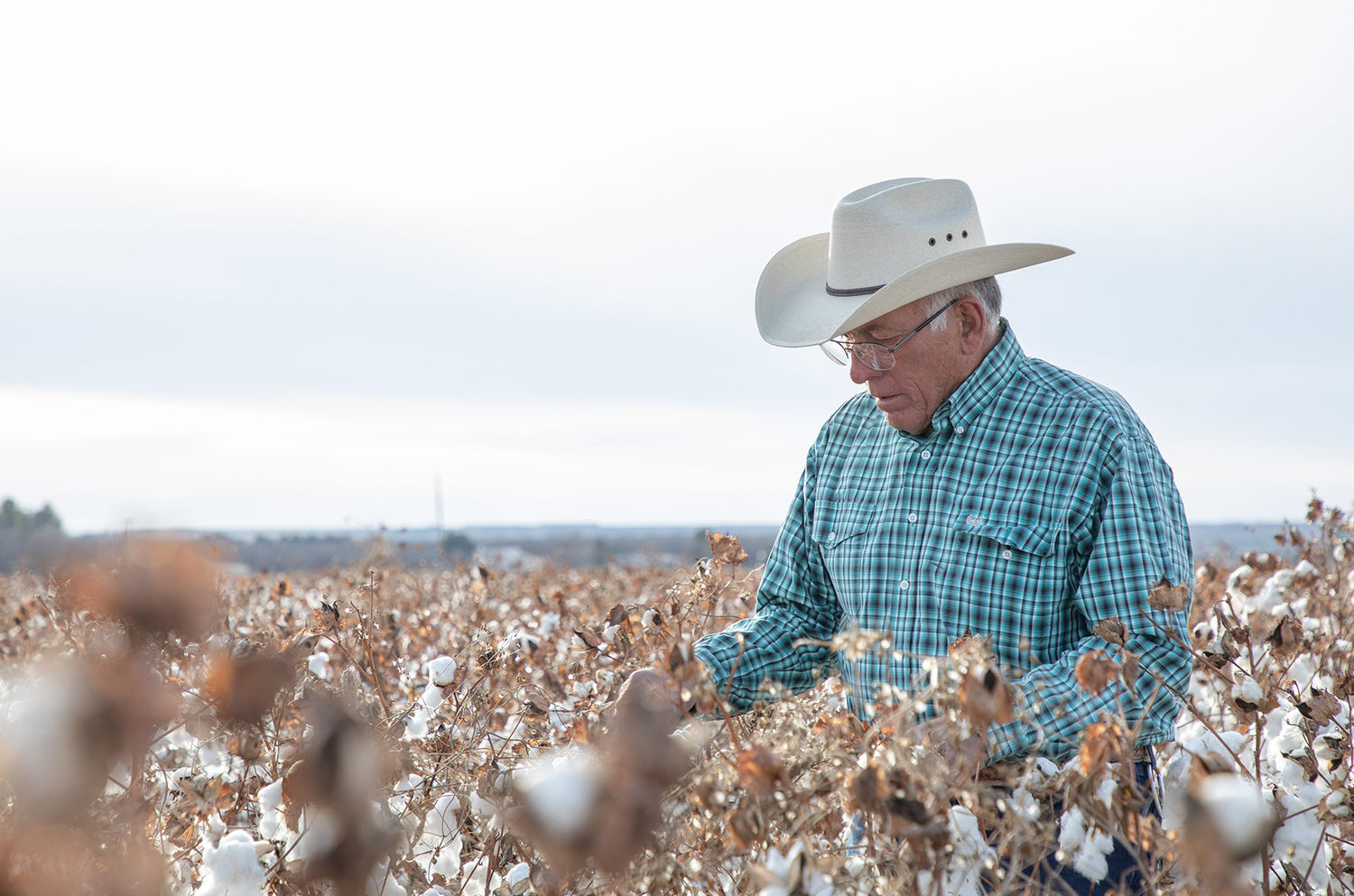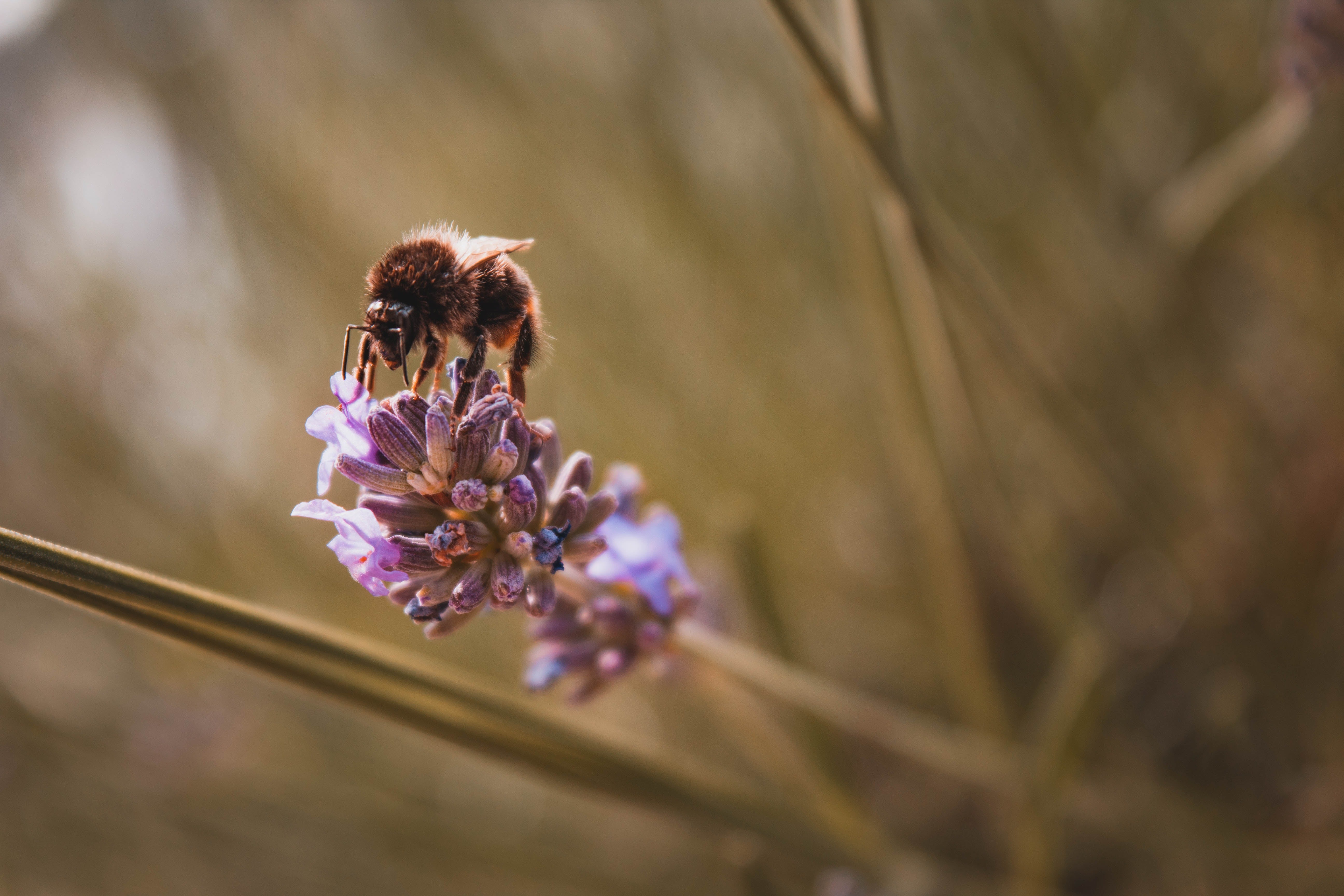23 more of the world’s most renowned clothing and textile companies, including Burberry, Adidas, Kathmandu and Timberland have pledged to use 100% sustainable cotton by 2025.
This announcement was made at the annual Textile Exchange Sustainability Conference, where more than 400 textile and apparel leaders have come together to discuss the most important sustainability issues facing the industry.
This pledge – called the sustainable cotton communiqué – demonstrates that there is a demand for more sustainable cotton, and the commitment made by companies will help to drive sustainable practices across the sector. In turn, this will help alleviate the environmental and social costs that are too often associated with cotton production, including the over-use of pesticides, the release of greenhouse gases, the depletion of local water sources and rising costs of production.
The brands that have committed to the 100% by 2025 pledge are: ASOS, EILEEN FISHER, Greenfibres, H&M, IKEA, Kering, Levi’s, Lindex, M&S, Nike, Sainsbury’s, F&F at Tesco, Woolworths, Adidas, A-Z, BikBOk, Burberry, Burton Snowboards, Carlings, Coyuchi, Cubus, Days like This, Dressmann, Hanky Panky, House of Fraser, Indigenous Designs, KappAhl, Kathmandu, Mantis World, Otto Group, prAna, SkunkFunk, Timberland, Urban, Volt and Wow.
There have been substantial gains made over the past few years in scaling the production of more sustainable forms of cotton, which is now higher than ever at over 3 million tonnes in 2016. However, companies are actively sourcing less than a fifth of this available sustainable cotton. In order for sustainable cotton to become standard business practice, the amount of sustainable cotton grown and bought must increase significantly. This pledge sends a signal to millions of producers that there is a real demand for a more sustainable approach to cotton production that reduces the environmental and social costs.
The companies that have pledged their support are at various stages on their journey to using sustainable cotton, with some already securing all of their cotton from sustainable sources. However, all are clear that collaboration across the sector is needed to bring about transformative change.
4 years is a long buffer time to transition! We are happy that these large brands are doing the right thing and we firmly believe that this is the way of the future. Consumers are demanding better manufacturing processes that focus on environmental impacts and wellness of the workers. We at Opok have started sustainable and organic from day 1 and hope to help pave the path for a more eco conscious future.




Leave a comment
This site is protected by hCaptcha and the hCaptcha Privacy Policy and Terms of Service apply.